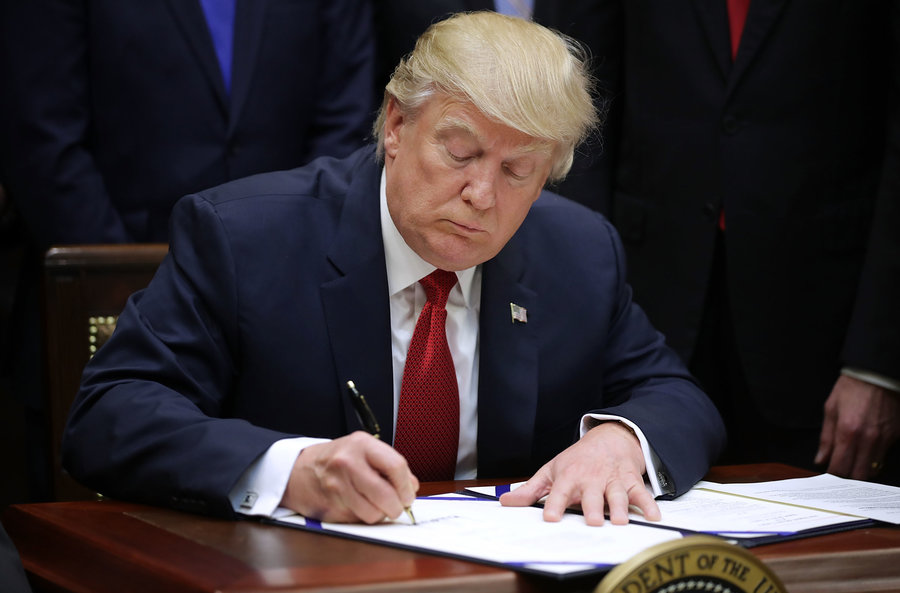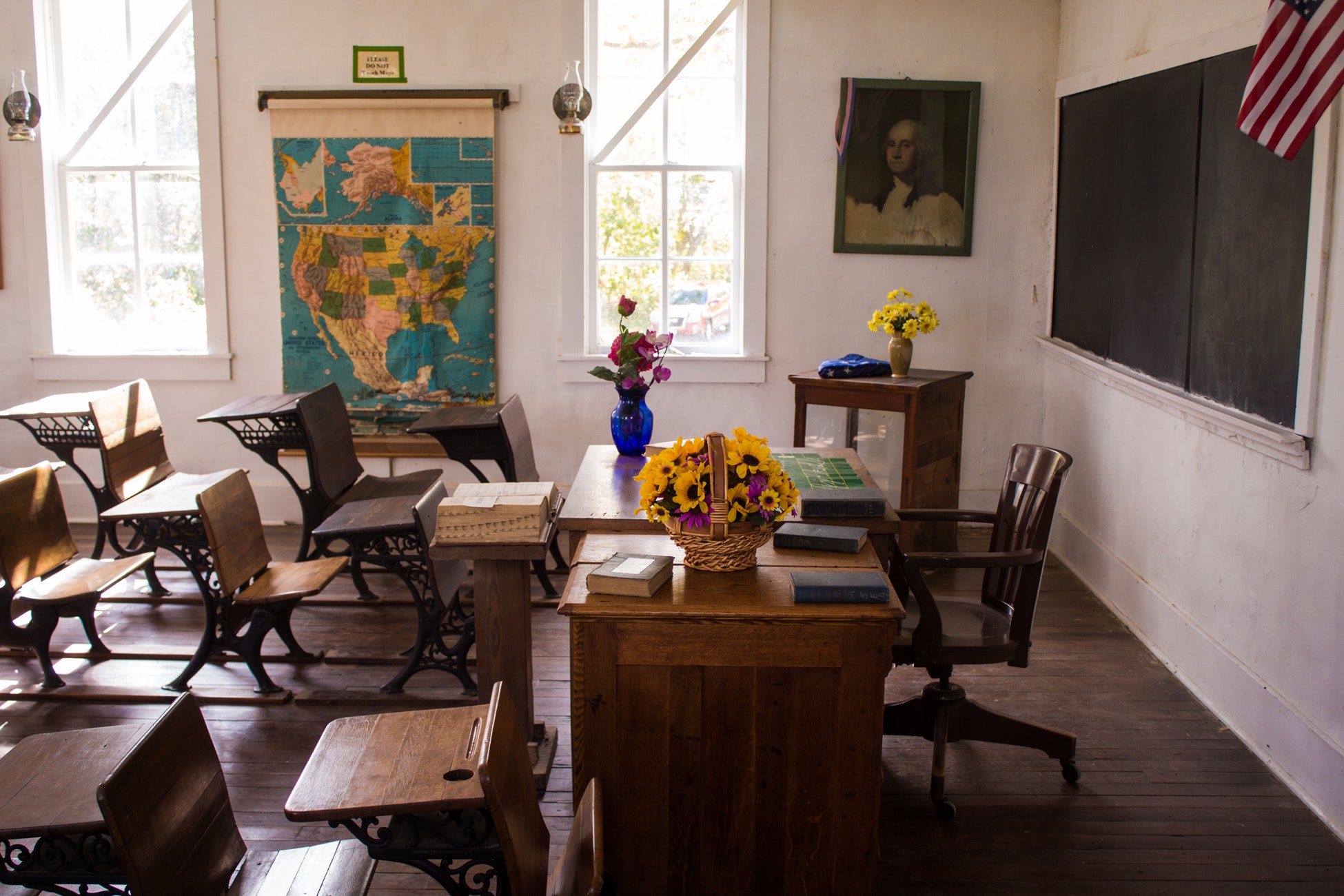President Donald Trump has signed a bipartisan funding bill that will permanently grant more than $250 million annually to the US historically black colleges and universities (HBCUs), other minority-serving institutions (MSIs).
The new funding bill was sighed on Thursday and is poised towards developing vital areas of the educational system of higher education.
President Trump, while signing the HBCU funding bill, explained that historically black schools have never had a better supporter in the White House.
He stated:
When I took office, I promised to fight for HBCUs, and my administration continues to deliver. A few months ago, funding for HBCUs was in jeopardy, but the White House and Congress came together and reached a historic agreement.
According to Trump, education institutions are essential to keep America great. Adding that the funding bill was something former President Obama, and his administration was unable to enact.
The funding bill would notably amend the Future Act to restore a 10-year mandatory extension of $255 million in annual funding to HBCUs and MSIs, including $850 million specifically for HBCUs.
It would also reportedly simplify the paperwork for Free Application for Federal Student Aid (FAFSA) by cutting off more than 20 questions from the application form, and streamline income-driven repayment for nearly 8 million borrowers.
Michael Lomax, president and CEO of the United Negro College Fund (UNCF), has expressed his happiness towards the signing of the funding bill. He thanked Trump and the thousands of advocates who lobbied Congress to support the bill.
How the funding bill got signed
The funding bill was spearheaded by Senator Doug Jones, D-Ala, who reiterated his belief that they are vital for the system of higher education after it’s passed.
There are fourteen HBCUs in Alabama. Jones calls them a gateway to the middle class for first-generation, low-income, and minority Americans.
According to Lomax, over 20,000 supporters were recruited to write and call their members of Congress. Unleashing an army of advocates for the support for HBCUs, and they won the battle for our institutions.
One of the most prominent advocates of passing the FUTURE Act, UNCF is the country’s largest private scholarship provider to minority students.
Even the president daughter, Ivanka Trump, seemed to show support for the legislation on Twitter.
Permanent HBCU funding and FAFSA simplification passed the Senate tonight and is headed to POTUS‘s desk to be signed into law! https://t.co/RPSixl2NWD
— Ivanka Trump (@IvankaTrump) December 11, 2019
Importance of the bill
The bill restores $255 million in annual funding that lapsed September 30 after Congress failed to renew it. Some schools facing an end to the funding had started planning for deep cuts, with some telling staff their jobs or programs would be eliminated.
But lawmakers in the Senate recently reached a bipartisan deal that saved the funding. Their compromise added an amendment that will simplify the Free Application for Federal Student Aid, or FAFSA, the form that college students fill out to determine their eligibility for financial aid.
The legislation will allow the Education Department to gather certain information directly from the IRS, which will eliminate up to 22 of the 108 questions on the form. It’s also meant to curb a verification process some families face to make sure they provided the same information to the IRS and the Education Department.
The legislation, known as the Future Act, also drew praise from Education Secretary Betsy DeVos, who called it a historic bill that reflects the administration’s commitment to students.
The FAFSA simplifications are estimated to save $2.8 billion over a decade, which will be used to provide the $255 million a year to minority institutions.
The bill authorises $85 million a year for historically black colleges and universities, along with $100 million for Hispanic-serving institutions, $30 million for tribal schools and $40 million for a variety of other minority-serving institutions.
The money is primarily meant to expand programs in science, technology, engineering and math.







